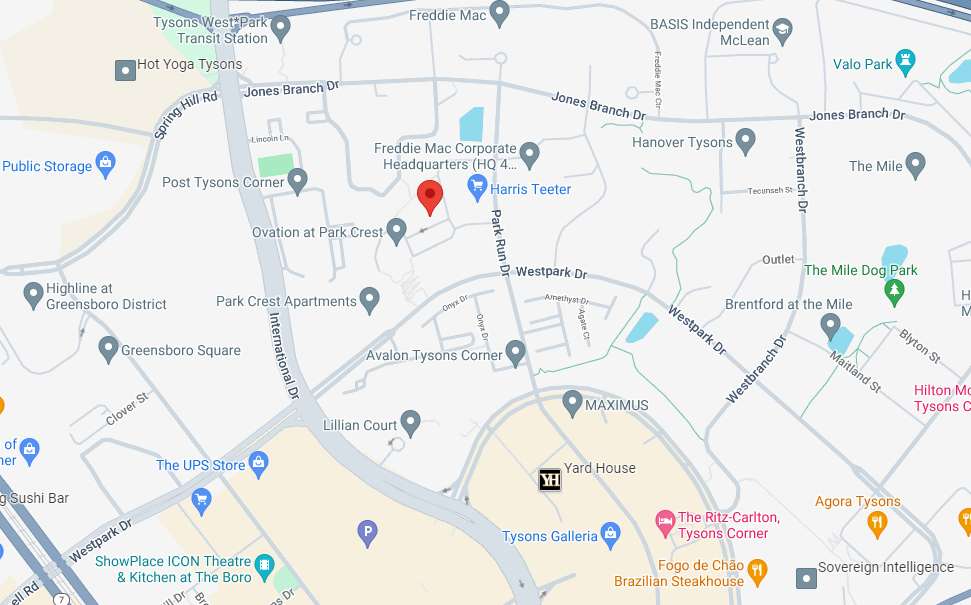Personal injury claims are a common type of court case. As the name implies, these types of claims deal with an individual’s injuries resulting from an accident, such as a car accident or on-site job accident.
Personal injury claims aim to provide compensation for an individual’s injuries. Ideally, the compensation should be generous enough so that you are returned to your financial status before the accident, as you may be unlikely to return to your previous physical state.
What Constitutes a Personal Injury Case?
One of the primary components for personal injury claims is that there needs to be an at-fault party. That is, an individual, company, etc., must be directly responsible for your injuries.
If no one is directly or indirectly responsible for your injuries, you are unlikely to receive any compensation or file a claim. This will also be the case if there was no way to predict the chain of events that led to your injuries.
Talk with a personal injury attorney to see whether your circumstances meet the criteria to move forward legally. An attorney will analyze the chain of events and determine if there were at-fault parties, the extent of responsibility they may have for your injuries, and the amount of compensation your injuries are worth.
How Much Are Personal Injury Claims Worth?
Each person’s compensation for a personal injury claim varies according to several factors, such as the extent of the injuries, the amount of responsibility each party bears, and the level of insurance coverage each party has. The amount of compensation differs for each personal injury case because each claim is different.
There are three basic types of damages an individual may be able to claim:
- Economic Damages — These damages cover an individual’s financial losses, such as medical bills, the cost of medications or therapy, loss of income or future earning potential, and travel expenses to a doctor or physical therapist
- Non-Economic Damages — These damages cover the pain and suffering an individual experiences from their injuries, such as physical pain or discomfort, temporary or permanent disabilities, and reduced quality of life
- Punitive Damages — These damages compensate an individual for the other party’s negligence or wrongdoing, such as in the case of an accident that resulted from another driver’s intoxication or impairment
Not every type of damage is applicable for all personal injury cases. Economic and punitive damages may be appropriate for one injury case but irrelevant for another.
Additionally, each state has specific laws surrounding personal injury claims, reducing the compensation you are eligible to receive. This is especially true for comparative fault laws, which reduce an individual’s compensation proportionately to the degree of responsibility that person bears for the accident or their injuries. So if you are at fault for the accident in any way, it will reduce your compensation.
How Do You Provide Proof of Fault?
The burden of proof rests with the plaintiff, typically the injured individual, to prove that the defendant was responsible for the accident that caused the injuries in question. For personal injury cases, the standard is providing enough evidence that it is ‘more likely than not’ that the defendant is responsible.
Proving responsibility is typically tied to negligence. That is, you need to prove:
- The defendant was negligent.
- That negligence caused an accident or other chain of events that injured you.
- You sustained short- or long-term damages because of the injuries.
Evidence to prove negligence varies according to each case. Examples of evidence include police reports, photographs or videos of the accident, statements from eyewitnesses or involved parties, and copies of medical records or testimony from a doctor.






